

News in brief
Brain disease genes, ecology elections and Martian rocks: News from Imperial
Here’s a batch of fresh news and announcements from across Imperial.



Brain disease genes, ecology elections and Martian rocks: News from Imperial
Here’s a batch of fresh news and announcements from across Imperial.
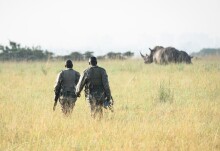

What Africa needs to do to meet biodiversity targets
Advanced technologies, education, and channeling local and indigenous knowledge could help African nations protect their unique nature.


Greening Imperial: a forthcoming exhibition on sustainability
A photographic exhibition will be launched on Sherfield Walkway featuring photographs of murals painted as part of the Grantham Climate Art Prize.
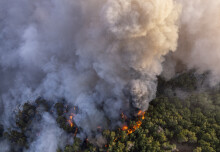

Imperial launches climate course for students and staff
A new six-part online course equips Imperial students and staff with the tools and understanding to act on climate change.
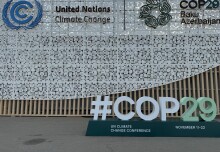

Imperial experts call for action on finance, health and loss and damage at COP29
As COP29 kicks-off in Baku, Imperial experts implore nations to act on finance, loss and damage, health and adaptation in their climate plans.
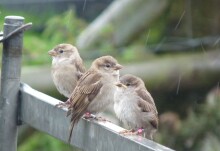

No incentive for older birds to make new friends
Like people, birds have fewer friends as they age, but the reasons why are unclear. New research suggests they may just have no drive to.
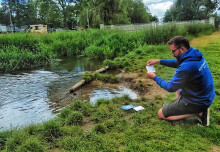

UK rivers contain cocktail of chemicals, pharmaceuticals and stimulants
A nationwide citizen science project has found high levels of chemical pollutants in freshwater bodies across the UK.
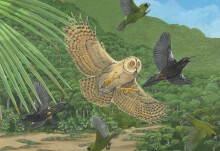

True global impact of human-driven bird extinctions far greater than expected
The ongoing loss of bird species is likely to have severe knock-on effects as their unique roles in ecosystems are not fulfilled, shows a new study.


How conservation spreads can be forecast decades ahead
A new model for forecasting how conservation initiatives will spread can help guide local to global policies.


Antarctic krill can lock away similar levels of carbon as seagrass and mangroves
Small marine crustaceans are as valuable as key coastal habitats for storing carbon and should be similarly protected, according to new research.
 1
1